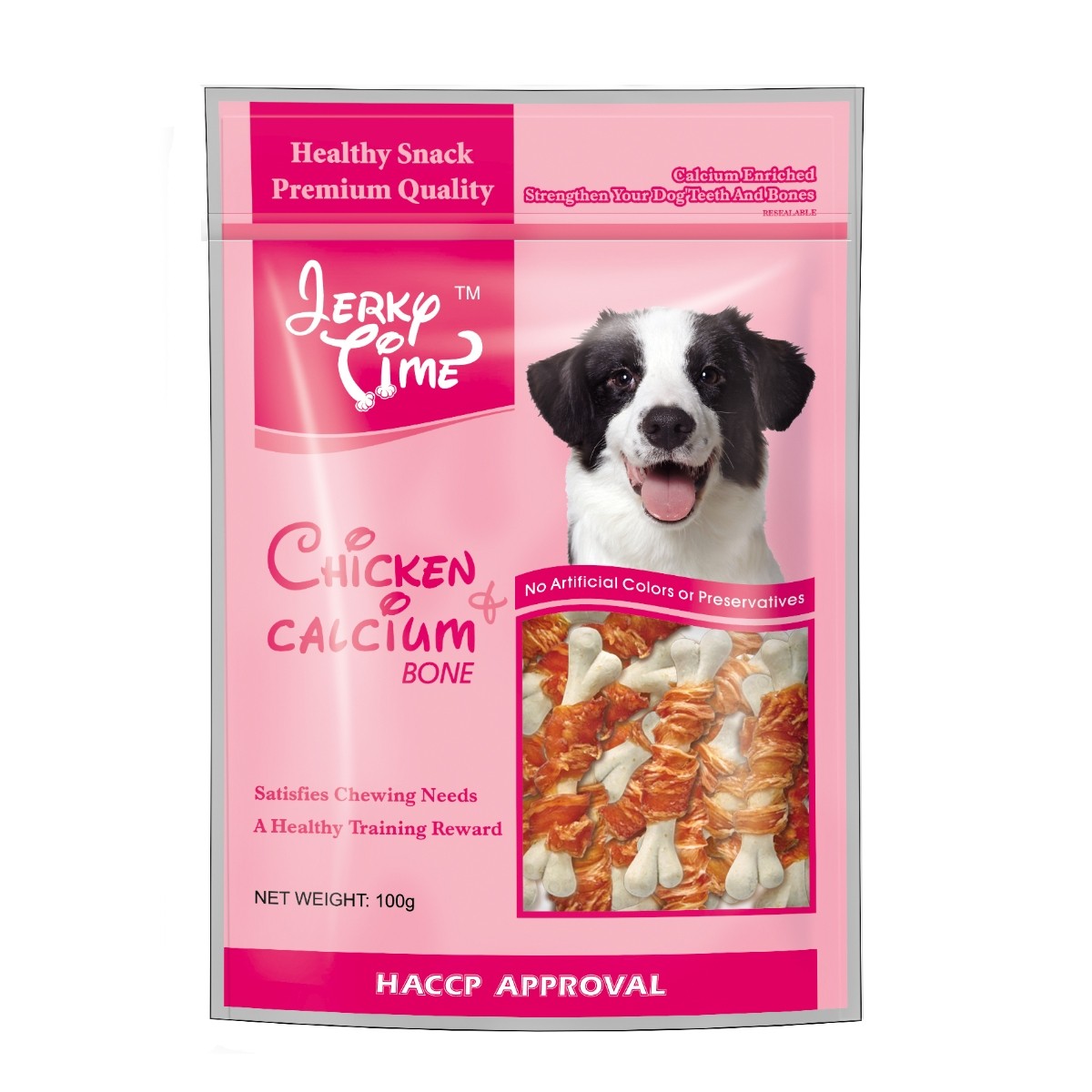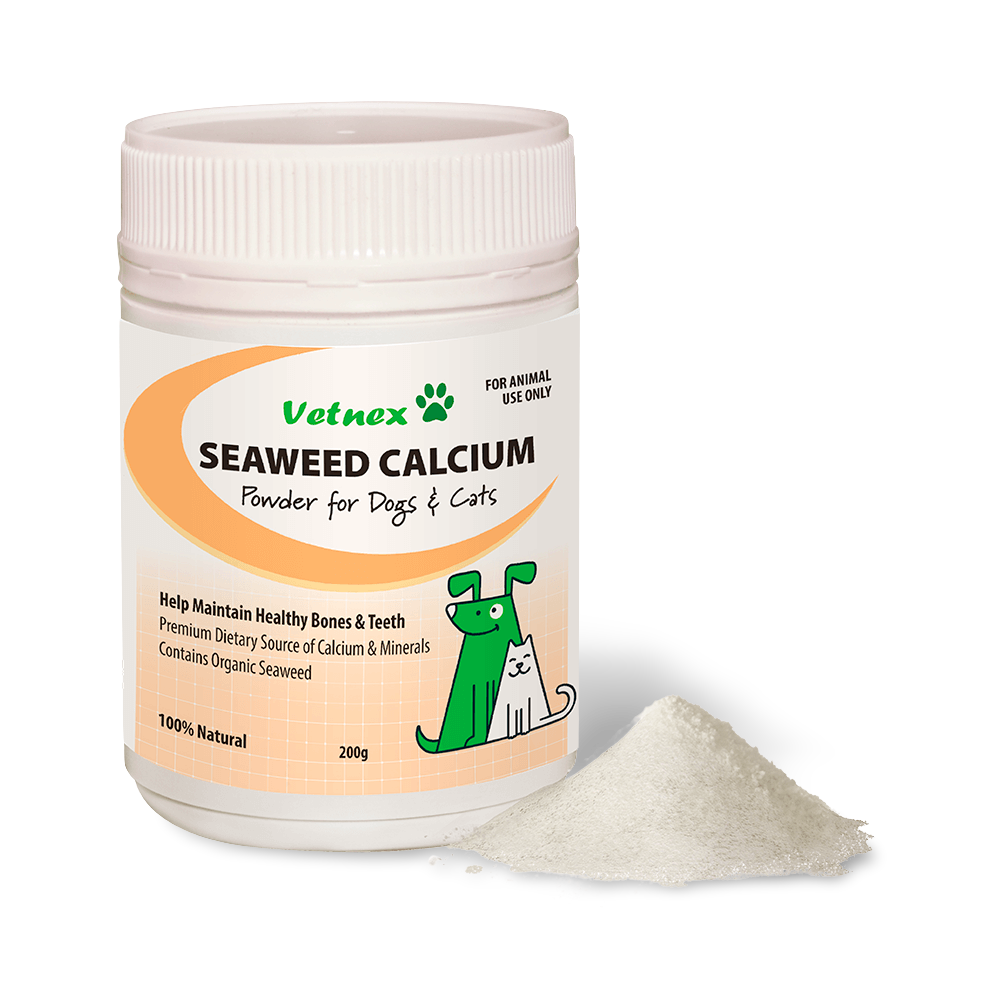Table of Content
That’s why bones are always the best source of calcium for dogs. They have the right balance of calcium and phosphorus and will balance all meals, even for puppies. If you’re feeding your dog or puppy a balanced diet for all life stages, then there should be enough calcium in the food … and it will probably be correctly balanced with phosphorus. But don’t just assume it does … the food must say “Complete and Balanced” on the label, otherwise the minerals may not be balanced. Foods have to meet minimum nutritional requirements set by the Association of Feed Control Officials before they can claim Complete and Balanced on the label. And there are other minerals that support calcium that also need to be balanced.
You have to be very careful with this topic because if you neglect this your dog may end up developing the disease known as ” rickets “. That is an insufficient growth of the bone structure of your dog that does not have its normal body for its age. With idiopathic hypoparathyroidism, longterm management with vitamin D is necessary. Hypocalcemia causes the major clinical manifestations of hypoparathyroidism by increasing the excitability of both the central and peripheral nervous systems.
Cherry Shrimp Care: Tank, Water & Food Requirements
If you’re feeding your dog a home cooked or home prepared raw diet, you’ll need to add calcium to his meals. Let’s look at the different sources of calcium and how much to give your dog. Eclampsia is a life-threatening drop in blood levels of calcium that strikes some nursing dogs, usually when the puppies are one to four weeks of age. Also called puerperal tetany, milk fever, or hypocalcemia, eclampsia can cause agitation, muscle tremors, seizures, and even death if not treated right away. If your dog has lower than normal levels of calcium in its blood, it is suffering from the medical condition known as hypocalcemia. Therefore, calcium deficiency is a serious condition that requires immediate treatment.

Just like humans, dogs get calcium through the foods they consume. When the calcium deficiency is mild, many dogs will not have any symptoms. Calcium is important because it plays roles in bone growth, muscle contractions, and blood coagulation among other functions. When dogs have a calcium deficiency, they may suffer from a loss of muscle control, convulsions, or seizures. Thus, this is a serious medical condition that should be treated right away. The farther you stray from Mother Nature, the more can go wrong.
Addressing Underlying Health Issues
However, total calcium can appear falsely decreased due to low levels of albumin , as well as delayed testing (i.e., sample left standing on the counter for too long before testing). If preliminary testing reveals hypocalcemia, then measuring ionized calcium is often recommended to confirm the finding. In case of infection or inflammation , the number of white blood cells may have found to be abnormally high. In some dogs with pancreatitis, amylase and lipase enzymes are also found to be elevated. In dogs with low levels of albumin , the biochemistry profile will show levels of albumin and disturbances in calcium levels. Meanwhile, if alkalosis is a cause of hypocalcemia, the blood gas analysis will reveal abnormally high levels of carbon dioxide in the blood of your dog.

Hypoparathyroidism is a metabolic disorder characterized by hypocalcemia and hyperphosphatemia and either transient or permanent PTH insufficiency. The spontaneous disorder is uncommon in dogs and rarely reported in cats. Iatrogenic injury or removal of the parathyroid glands during thyroidectomy for treatment of hyperthyroidism is the most common cause in cats.
Hypocalcemia in Dogs
Low quality store-bought food can lack in calcium and other minerals which your dog requires. Pet Insurance covers the cost of many common pet health conditions. Prepare for the unexpected by getting a quote from top pet insurance providers. It will be very beneficial for the veterinarian to hear all of your concerns, and it is important to relay any information that you feel may be helpful.

If your pregnant or nursing dog shows any signs of illness, it's essential to visit your veterinarian as soon as possible. Generally, a veterinarian will diagnose eclampsia based on the dog's symptoms, the age of the puppies, and the results of a calcium blood test. Most veterinarians will perform a full physical exam of the dog as well and may order additional blood tests to evaluate organ function and look for signs of any underlying health issues. Eclampsia in dogs is caused by dangerously low calcium levels in the blood. Nursing the puppies leads to further demands on the mother's levels of calcium, dropping them into the danger zone that triggers the symptoms of eclampsia. In case of ethylene glycol toxicity, the ethylene glycol test will be performed to confirm the toxicity.
Reduce Foods High in Calcium
Your pet will be carefully monitored as calcium levels can climb to the upper range which is not desired either. With low blood calcium, the blood test is the best way to verify if your pet’s symptoms are caused by this disorder. The parathyroid glands, which are found near the thyroid glands, control calcium by monitoring the blood level of this mineral. Improperly working parathyroid glands can contribute to hypocalcemia. Symptoms resulting from low blood calcium indicate issues in the central and peripheral nervous systems.

Radiation therapy is a specific type of cancer treatment used on tumors with low metastasis rates – confined to specific organs or parts of the body. The treatment destroys cancer cells using high-dose radiation or x-rays. Same as all other options, it is not universally fit for all types of tumors. Intratumoral injections for dog tumors are the latest solution for the treatment of mast cell tumors . They are efficient, non-invasive, and with minimal side effects. For example, mast cell tumors can enlarge and get smaller in no time – the large bump can turn into a small lump unexpectedly and then grow again.
Well, when you get a puppy, the first thing you must do is to make a visit to a veterinarian. These are some ways to know if your dog has a lack of calcium or not. To prevent the lack of Calcium the below 2 steps are very much important.

Effective treatment of hypercalcemia is entirely dependent on the actual cause of a patient’s high blood calcium level. For this reason, a thorough diagnostic investigation is invariably necessary. The treatment for lymphoma is entirely different than the treatment for hyperparathyroidism. Similarly therapy for a fungal infection is vastly different than that for kidney injury.
If a routine blood test reveals low total calcium, the test should be repeated to confirm the result, especially if albumin levels are normal. The pet should be fasted for 12 hours beforehand but must have access to water. If the repeated value for total calcium is still low, then doing an ionized calcium test is recommended since it is the definitive test for measuring calcium levels. In some situations, your veterinarian may advise that your pet have the ionized calcium test after finding a low total calcium. In general, treatment for hypocalcemia in dogs depends on how severe the condition is and the underlying cause. For dogs with dangerously low calcium levels, vets may provide calcium-rich fluids intravenously until levels return to normal.
Homeopathy is a safe, gentle and effective, totally natural and complete form of medicine. Generally, hypocalcemia is corrected through calcium supplementation therapy under close monitoring, so as to prevent side-effects related to calcium overload. Your veterinarian will also monitor the electrocardiogram data because calcium has a direct effect on heart and significant calcium level changes leads to abnormal EKG findings. Dogs with nutrition related secondary hypoparathyroidism, meanwhile, may display low bone density on bone X-rays. If kidney failure is the precipitating cause of hypocalcemia, complete blood count may show anemia in dogs with chronic kidney failure.
Once calcium levels return to normal, the dog will be sent home with oral calcium and vitamin D supplements. It is generally best for the puppies to stop nursing for about hours. They should be given a canine milk replacement formula until it is safe for the mother to nurse again. However, the puppies should be weaned off their mother's milk as soon as possible.

No comments:
Post a Comment